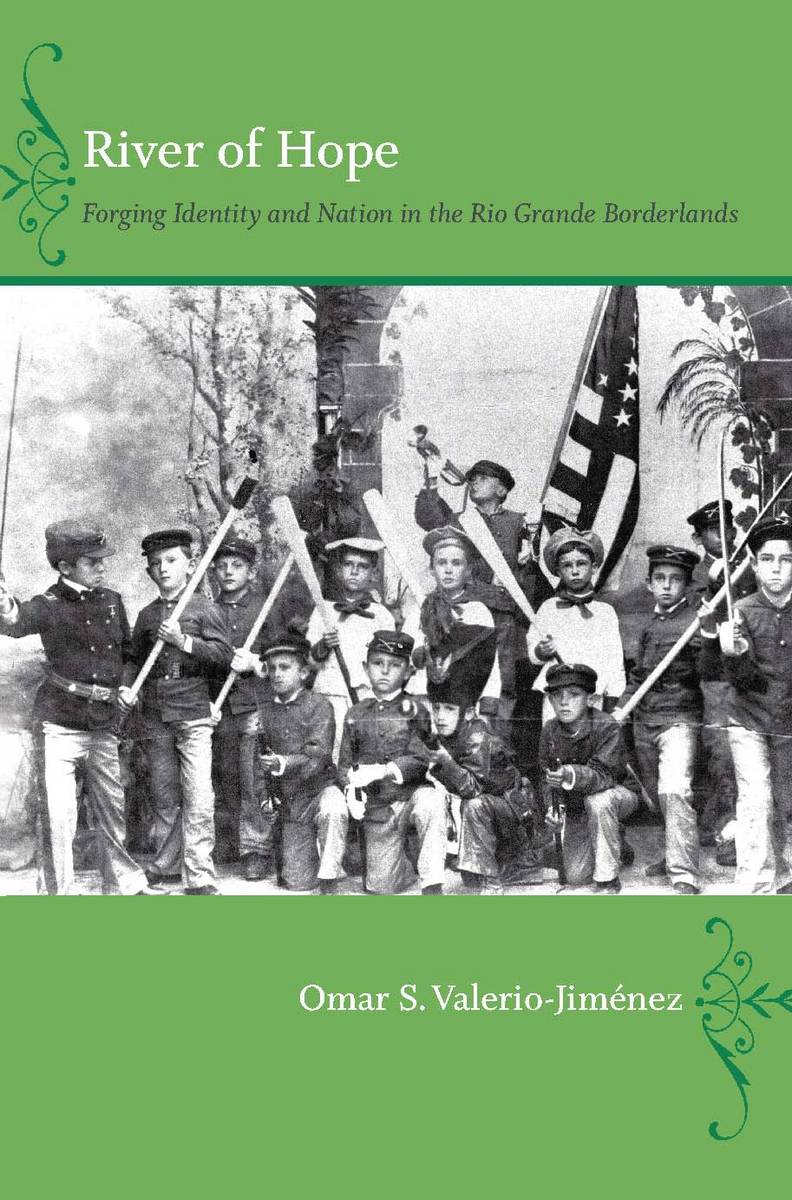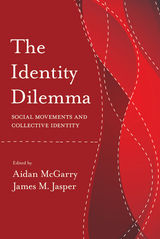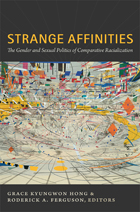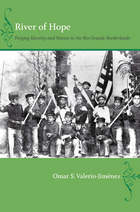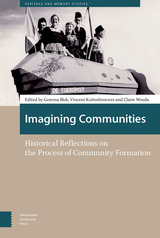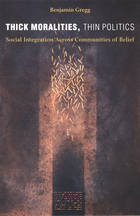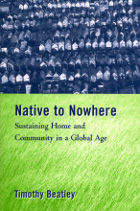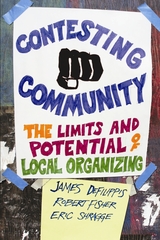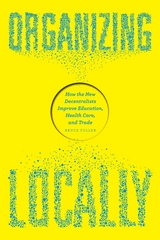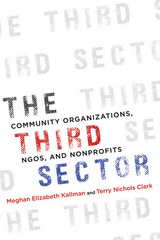"River of Hope not only documents the history of the Rio Grande area in the late eighteenth and nineteenth centuries but also provides a model for integrating the concerns of Chicana/o studies scholars, historians of the U.S. West, scholars of gender and ethnicity, theorists of state formation, and political scientists who study 'everyday forms of resistance.' An extraordinary contribution, the book opens up a wide-ranging discussion about the interplay between local and national discourses, particularly in places located on the peripheries of power and at times of rapid social, cultural, legal, and political change. This is genuinely original scholarship."—Susan Lee Johnson, author of Roaring Camp: The Social World of the California Gold Rush
"River of Hope tells the complex story of how Spanish colonists settled Texas-Tamaulipas, how they became neglected Mexican citizens, and ultimately, how they were transformed into unwanted American citizens as subjects of the United States. In this rich and nuanced work, Omar S. Valerio-Jiménez illuminates the struggles over land, identity, and love as native nations, Spain, Mexico, and the United States competed for this terrain."—Ramón A. Gutiérrez, coeditor of Mexicans in California: Transformations and Challenges
"A sweeping, path-breaking achievement, River of Hope will stand as a benchmark study of the borderlands for decades to come. It is a compelling political and social history of identity formations, community building, and overlapping conquests from the earliest Spanish colonial settlements to nineteenth-century Euro-American towns. Omar S. Valerio-Jiménez interrogates how the people who called las villas del norte home created meaning in their lives against a backdrop of state formation, disenfranchisement, and violence."—Vicki L. Ruiz, author of From Out of the Shadows: Mexican Women in Twentieth-Century America
“A first-rate analysis of the dynamic and varied ways that the inhabitants of the Rio Grande borderlands formulated their identities in relation to rapid and volatile geopolitical change.”
-- Eric V. Meeks American Historical Review
“Deeply researched and elegantly written, this book is a required purchase for any border studies collection. Summing Up: Essential.”
-- J. A. Stuntz Choice
“Scholars and students of western, borderlands, Native American, Chicana-Chicano, and gender history are the books[‘s] primary audience, but the explorations of identity, state power, individual agency, and gender will benefit scholars from a wide range of fields. … [It] provide[s] valuable insights into the uneven process of incorporation and the ways in which people negotiate their place between and in different empires and nation-states.”
-- Alicia M. Dewey History: Reviews of New Books
"[A]n excellent historical backdrop to Mexican American civil rights history and contemporary discussions of Latina/o citizenship. Valerio-Jimenez's superb study will animate courses and appeal to readers interested in southern, borderlands, and Chicana/o history."
-- Mark Allan Goldberg Journal of Southern History
“Overall, this book is a good example of borderland studies that examine state formation and the construction of identity. The author uses a wide array of sources and places the history of the settlers in the region in the context of changing political authorities…. [I]t is a solid contribution to Chicano studies and borderlands history.”
-- Armando Alonzo Southwestern Historical Quarterly
“In sum, River of Hope provides us with an empirically rich and wonderfully argued examination of an understudied area of the Mexico-U.S. border region.”
-- Andrae Marak Western Historical Quarterly
"Wonderfully researched and engagingly written, River of Hope deserves to be read alongside other classic regional case studies of nineteenth-century American political life."
-- John Mckiernan-González Hispanic American Historical Review
"This monograph delivers a pathbreaking analysis that leaves enough unexplored questions for future generations of scholars to elevate this borderland to one that should prove every bit as rich as the Mississippi River Delta, the Great Lakes, or the middle Rio Grande Valley."
-- Morgan LaBin Veraluz Journal of American Ethnic History
